In 2013, Vitalik Buterin, a 19-year-old from Toronto, published a whitepaper that would forever change the digital currency space. This whitepaper introduced the world to Ethereum, a decentralized blockchain platform that became the second-largest cryptocurrency after Bitcoin. Little did the world know that this was just the beginning of a revolution led by a young mind.
In simple terms, Blockchain technology is often described as a digital ledger that records transactions across many computers in a secure and transparent manner.
Today, this decentralized technology’s applications have extended beyond finance to supply chain management, healthcare, voting systems, etc. As a result of this vast application, the blockchain market is experiencing explosive growth.
In fact, a December 2023 report predicted that the blockchain technology market may reach a value of 943 billion U.S. dollars in 2032, with a CAGR of 56.1 percent.
That said, a few people are at the forefront of this blockchain revolution, Vitalik Buterin being one of them. As the co-founder of Ethereum, he plays a key role in the future of decentralized technology.
In this article, we’ll examine Vitalik Buterin’s life and journey, and his contribution to the blockchain revolution.
Vitalik Buterin’s Unconventional Life
Vitalik Buterin was born in Kolomna, Russia, in 1994. When he was six, his family moved to Toronto, Canada, seeking better opportunities. There, he attended The Abelard School, a private high school.

Source: TechCrunch
Vitalik’s aptitude for mathematics and economics became evident at a young age, such that he was placed in a class for gifted children in grade three.
Vitalik Buterin’s journey into cryptocurrency started at the age of 17 when he learned about Bitcoin from his father. After that, he met a person on a Bitcoin forum who offered five bitcoins to anyone who would write an article for him.
At that time, five bitcoins were worth approximately $3.50. Vitalik seized this opportunity and began writing for Bitcoin Weekly, but the site shut down shortly after due to insufficient revenue.
Vitalik’s articles in Bitcoin Weekly caught the attention of Mihai Alisie, a Romanian writer and programmer, so much so that he contacted him about a new project. This collaboration led to co-founding Bitcoin Magazine, where Vitalik wrote for a while.
His work at Bitcoin Magazine influenced his understanding of blockchain technology. During this time, he began to see the limitations of Bitcoin’s blockchain and envisioned a platform that could do more than just process financial transactions. This vision laid the groundwork for what eventually became Ethereum.
Buterin’s passion for blockchain led him to enroll at the University of Waterloo, where he pursued computer science and economics. During his short time there, he took advanced courses and worked as a research assistant for cryptographer Ian Goldberg. The same year, he won a bronze medal in the International Olympiad in Informatics.
In 2012, Vitalik attended his first Bitcoin conference in San Jose, California. After visiting developers in other countries who shared his enthusiasm for code, Vitalik returned to Toronto and published a whitepaper proposing Ethereum in 2013.
After receiving a $100,000 grant from the Thiel Fellowship in 2014, he left the university to fully dedicate himself to the development of Ethereum.
What might have made his mission easier was his father’s support—Dmitry Buterin. In the first instance, Dmitry introduced Vitalik to Bitcoin and was quoted as expressing pride and excitement about the Ethereum white paper when Vitalik showed it to him.
And finally, when Vitalik broke the news of his dropping out of school, his father fully backed him up. When asked why, Dmitry responded:
“It was really interesting. All three of us had a very similar reaction that we supported him because we all knew that he’s a very bright wonderful young adult and, if he drops out, he will be totally fine.”
Although some of the project’s technical details were beyond Dmitry’s understanding at the time, his father saw Ethereum’s wider vision, which his son proposed.

The Ethereum Project
Ethereum began with Vitalik Buterin’s realization that blockchain technology could be used for more than just digital currency. He envisioned a decentralized platform capable of supporting various applications through smart contracts.
These contracts would automate agreements without the need for intermediaries, thereby expanding blockchain’s potential uses far beyond what Bitcoin could offer. At the initial stage, Buterin assembled a talented team of eight developers and blockchain enthusiasts to bring this vision to life.
This group, which later became the co-founding members of Ethereum, included luminaries like Gavin Wood, Mihai Alisie, Anthony Di Iorio, Amir Chetrit, Charles Hoskinson, Jeffrey Wilcke, and Joseph Lubin. Their collective expertise and dedication contributed to turning Buterin’s concept into a functional platform.
The launch of Ethereum was a significant milestone in the blockchain world. It was funded through an initial coin offering (ICO) in 2014, which raised 31,000 Bitcoins worth over $18 million. The funds were used to develop the platform officially launched on July 30, 2015.
As of today, Ethereum is the second largest cryptocurrency, with a price of $3,788 and a market capitalization of $463.6 billion.

Source: CoinLore
How Vitalik’s Idea Changed the World of Blockchain and Cryptocurrency
Vitalik Buterin’s introduction of Ethereum was a paradigm shift in blockchain technology. Before Ethereum, blockchain was primarily associated with Bitcoin and its use as a transaction ledger.
However, Ethereum expanded this narrow view by introducing the concept of smart contracts, a self-executing contract with the terms of the agreement directly written into code. This innovation allows developers to create decentralized applications (DApps) on the blockchain, leading to a more versatile and functional technology.
Furthermore, Ethereum’s influence on the cryptocurrency market has been profound. It provided a new platform for launching cryptocurrencies, known as ERC-20 tokens. ERC-20 tokens are digital contracts built on the Ethereum blockchain. They help startups offer ownership stakes on the Ethereum blockchain, access future products or services, or even utility tokens for specific functions within their ecosystem.
ERC-20 token facilitated the Initial Coin Offering (ICO) boom in 2017. Because of this, startups can now raise capital by issuing their own tokens, a novel method of fundraising that bypasses traditional financial systems.
Moreover, perhaps Ethereum’s most significant contributions are its introduction of Decentralized Finance (DeFi) and Non-Fungible Tokens (NFTs).
DeFi uses smart contracts to create protocols that replicate traditional financial services decentralized without intermediaries. This has led to the creation of decentralized exchanges, lending platforms, and more, all operating on the Ethereum blockchain.
Also, the explosion of NFTs, unique digital assets verified using Ethereum’s blockchain, has opened up new possibilities for digital ownership and provenance. NFTs have become a cultural phenomenon, transforming art, gaming, and collectibles by owning, selling, and trading digital items with real-world value.
Overall, Vitalik Buterin’s vision for Ethereum has expanded the use cases of blockchain and catalyzed a new era of digital innovation. His ideas have given rise to a burgeoning ecosystem that continues to grow and influence the world of finance, art, and beyond.
Some Challenges and Controversies Around Ethereum
Despite its remarkable achievements, Ethereum has faced its fair share of challenges and controversies. One of the most pressing issues has been scalability, as the network has struggled to keep up with the increasing demand for transactions and smart contract executions.
This has led to the development of Ethereum 2.0. This upgraded network version is designed to address scalability concerns through sharding and a transition to a proof-of-stake consensus mechanism.
Security has also been a concern for the Ethereum ecosystem. In 2016, the infamous DAO hack saw about $50 million worth of Ether stolen due to a vulnerability in a smart contract.
The Ethereum community has experienced internal conflicts and disputes, most notably the contentious fork that led to the split between Ethereum and Ethereum Classic. This split stemmed from disagreements over handling the aftermath of the DAO hack. One faction supports a hard fork to reverse the hack and another advocates for immutability.
Accolades, Net Worth, and Philanthropy of the Blockchain Genius
Vitalik Buterin has received several accolades and awards, including being named to Forbes’ 30 Under 30 list and Fortune’s 40 Under 40 list.
Moreover, he has become a sought-after speaker at major blockchain conferences and events, where he shares his insights and perspectives on the future of decentralized technologies.
Vitalik’s net worth is over $1.025 billion, and most of his wealth comes from his ETH holdings. As a co-founder and significant stakeholder, Vitalik is among the largest cryptocurrency holders in Ethereum.
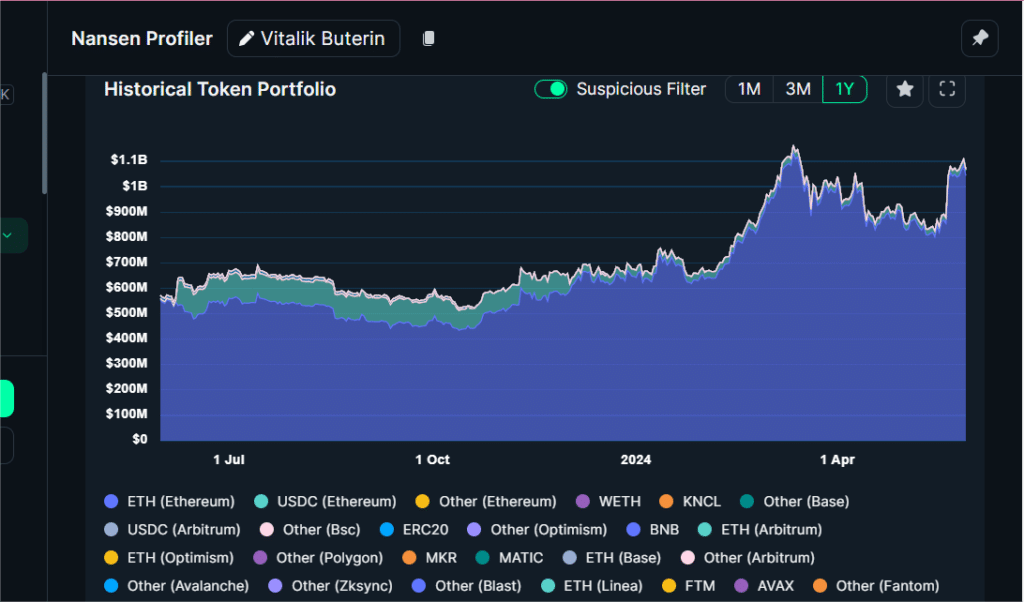
Source: Nansen
According to the latest Nansen data, Vitalik’s public cryptocurrency wallets hold about 278,346 ETH. At the current market price of Ethereum, this substantial holding is valued at more than $1 billion.
Source: Nansen
Besides, Vitalik Buterin has used his wealth for the greater good by supporting various charitable causes and projects. His philanthropic journey began in 2017 when he donated over three-quarters of a million dollars worth of Ethereum (ETH) to the Machine Intelligence Research Institute.
However, Buterin’s most significant philanthropic contribution came in 2021 during the height of the COVID-19 pandemic in India. In a remarkable act of generosity, he donated over $1 billion worth of Shiba Inu Tokens to the India COVID-Crypto Relief Fund.
What’s Next for Vitalik and His Blockchain Vision
As the blockchain revolution continues to gain momentum, Vitalik Buterin remains at the forefront of innovation and development. Some of his current projects include improving Ethereum’s scalability through rollups and sharding, strengthening the decentralization of validation nodes, and optimizing the user experience to attract more developers.
Additionally, he recently proposed the first block on Taiko’s mainnet, an Ethereum-equivalent Layer 2 rollup.
Vitalik Buterin continues to share his vision for Ethereum’s roadmap on several key components. These include what he called the Merge, the Surge, the Scourge, the Verge, the Purge, and the Splurge. These phases aim to improve various aspects of the Ethereum network, such as scalability, security, and decentralization.
In a significant development for the cryptocurrency industry, the U.S. Securities and Exchange Commission (SEC) approved the sale of spot Ether Exchange-Traded Funds (ETFs) in the United States on May 23, 2024.
This decision followed the SEC’s earlier approval of Bitcoin ETFs and ETPs in January 2024. The approval of Ethereum ETFs is a monumental step for the cryptocurrency, as it could lead to increased mainstream adoption and integration into traditional financial systems.
No one can accurately predict Vitalik Buterin’s next move. Still, one thing is clear: his passion for decentralization and commitment have revolutionized blockchain technology.
Conclusion
Vitalik Buterin’s impact on the blockchain and cryptocurrency is undeniable. This Toronto dropout who emerged as a revolutionary figure, pushed the boundaries of what is possible with decentralized technologies.
As the blockchain revolution continues to unfold, several other platforms have joined with their innovative ideas and products, with Zypto at the forefront. At Zypto, we understand the great potential of blockchain technology, and we aim to make using crypto simple and intuitive.
To achieve this, we offer products with all the power of blockchain embedded. These include the Zypto crypto app, virtual crypto cards, a crypto payment gateway, and, most interestingly, the Zypto native token!
You can also check our blog for more cryptocurrencies, NFTs, Web3, altcoins, and blockchain technology resources. Join the #ZyptoCrew, and let’s make your trading journey easy and smooth.
While Vitalik Buterin is successful today, would you support your child in dropping out from school to pursue the next big crypto project? Please share your thoughts and reactions in the comments below.

FAQs
Is Vitalik Buterin a blockchain developer?
Yes, Vitalik Buterin is a prominent blockchain developer. He is best known as the co-founder and chief scientist of Ethereum, a groundbreaking blockchain platform that enables the creation of decentralized applications (dApps) through smart contracts.
What is Vitalik’s IQ?
Vitalik Buterin’s exact IQ is not publicly known. However, he is widely recognized for his exceptional intelligence and contributions to the blockchain space, which suggest a high level of cognitive ability.
Which blockchain platform was conceived by Vitalik?
Vitalik Buterin conceived and co-founded the Ethereum blockchain platform. Launched in 2015, Ethereum has revolutionized the blockchain industry by introducing smart contracts and enabling decentralized applications.
How much Ethereum does Vitalik have?
The exact amount of Ethereum held by Vitalik Buterin fluctuates due to transactions and market changes. However, public records from blockchain explorers indicate he has held substantial amounts in the past.
As of recent data, he holds a significant but undisclosed amount of Ethereum, reflecting his ongoing involvement in the ecosystem.
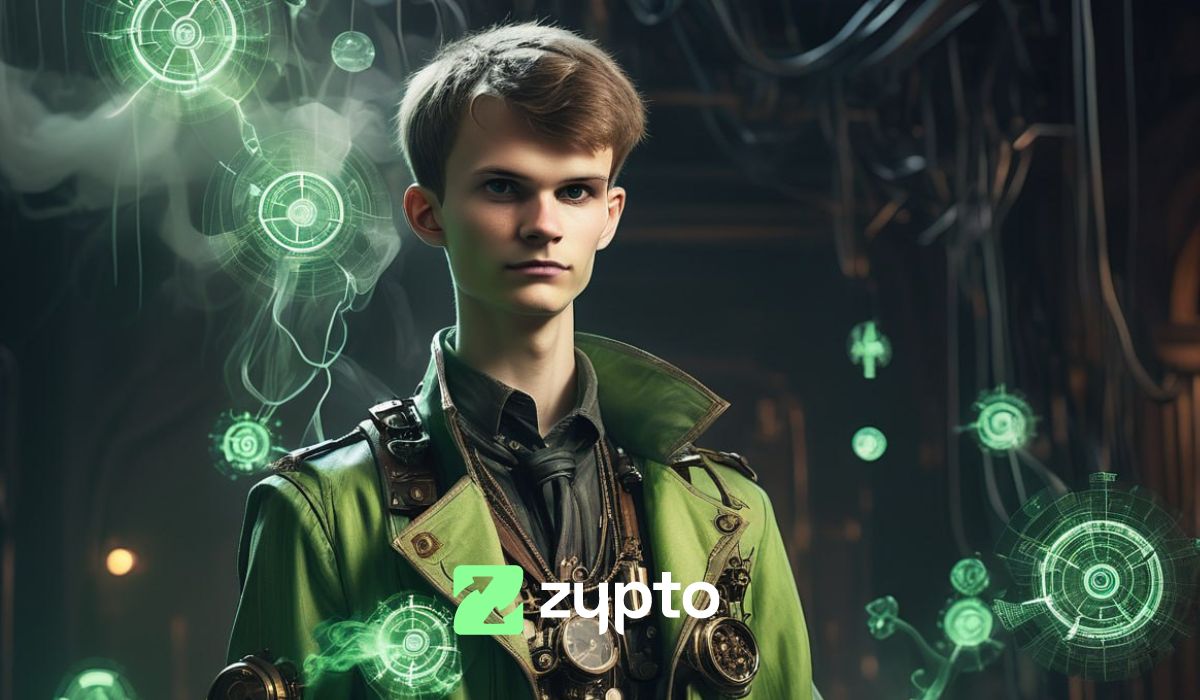


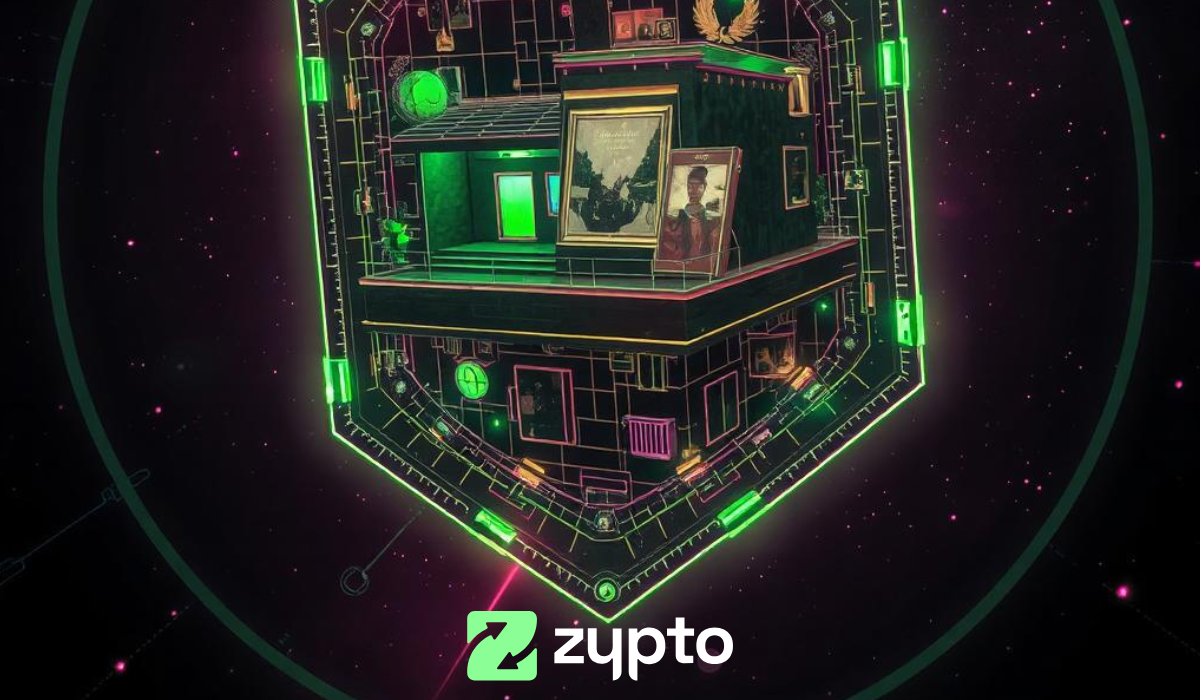
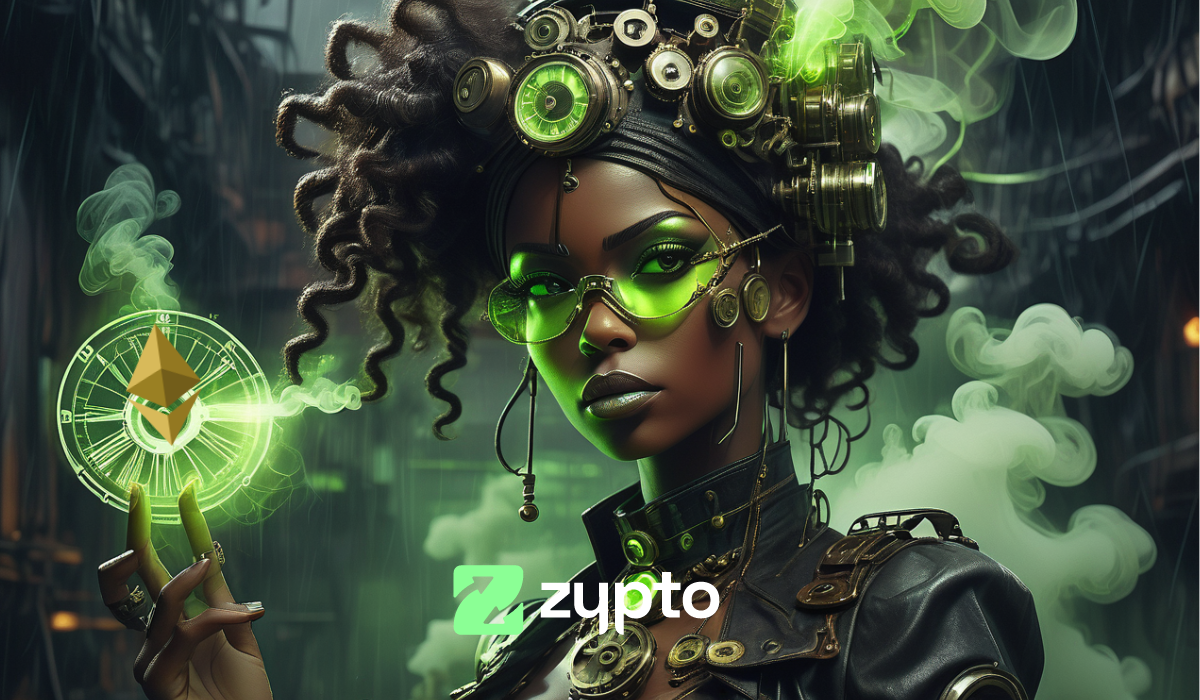
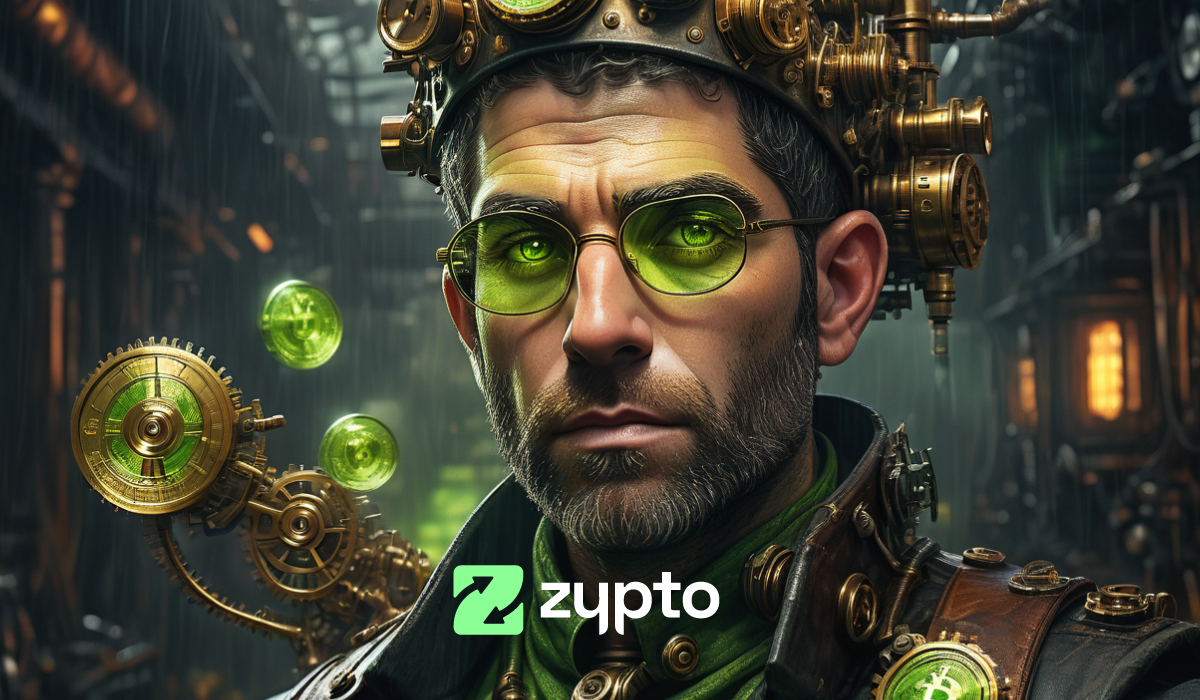
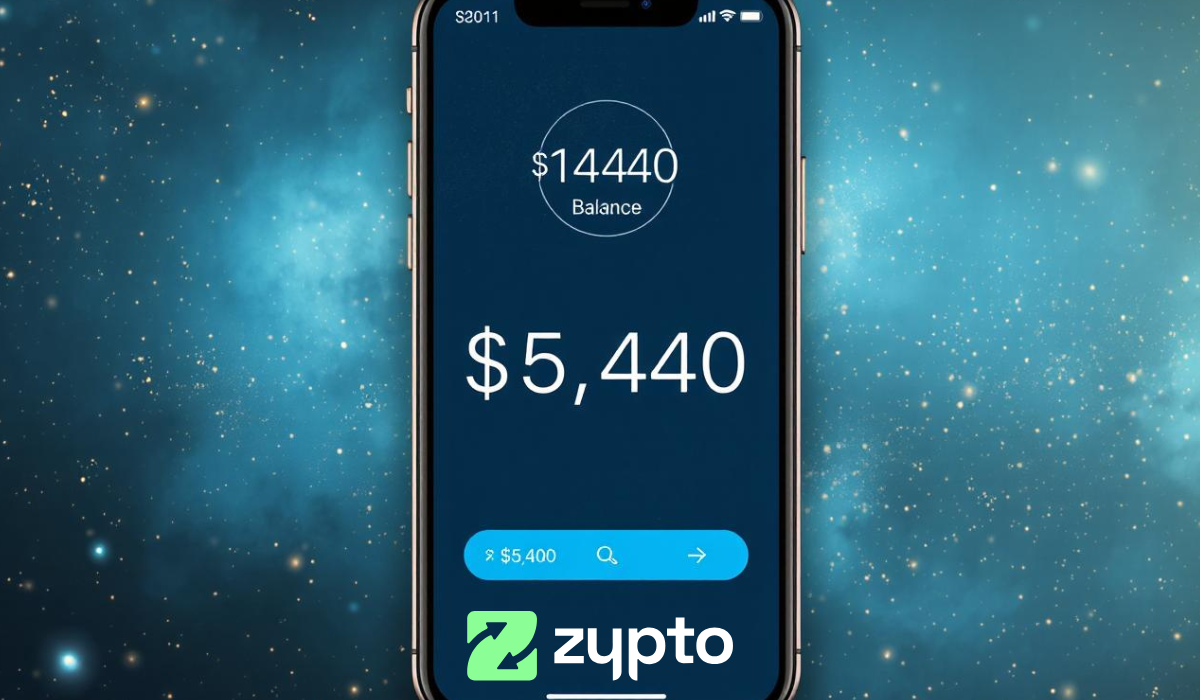


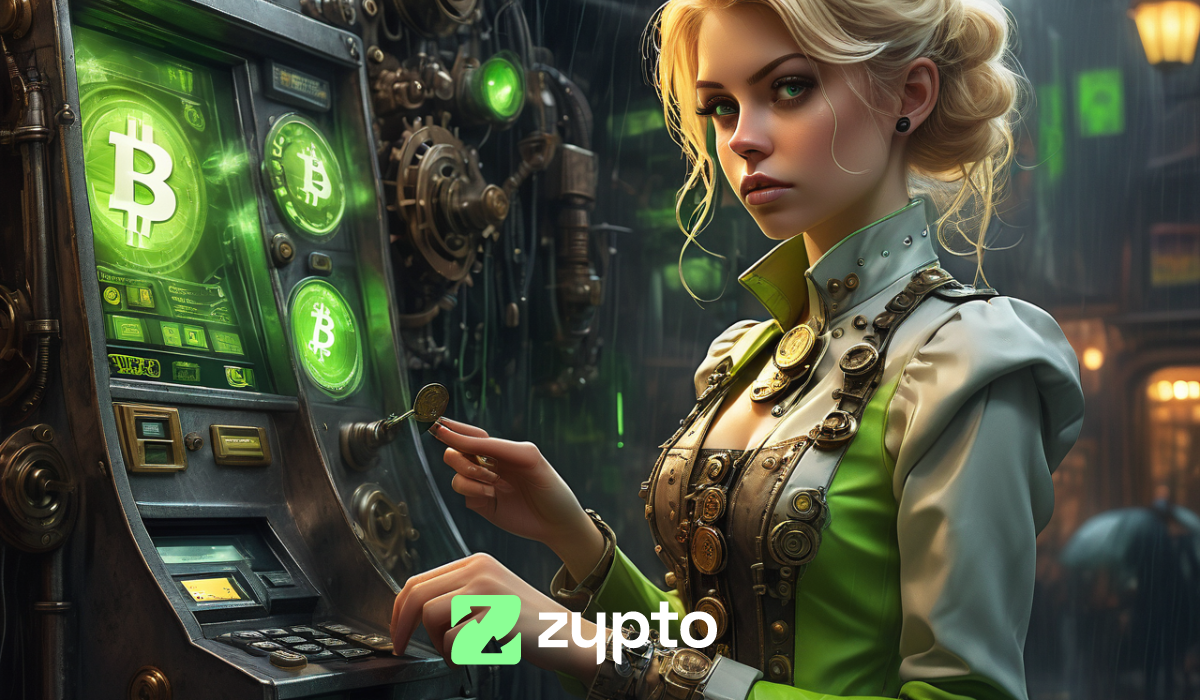

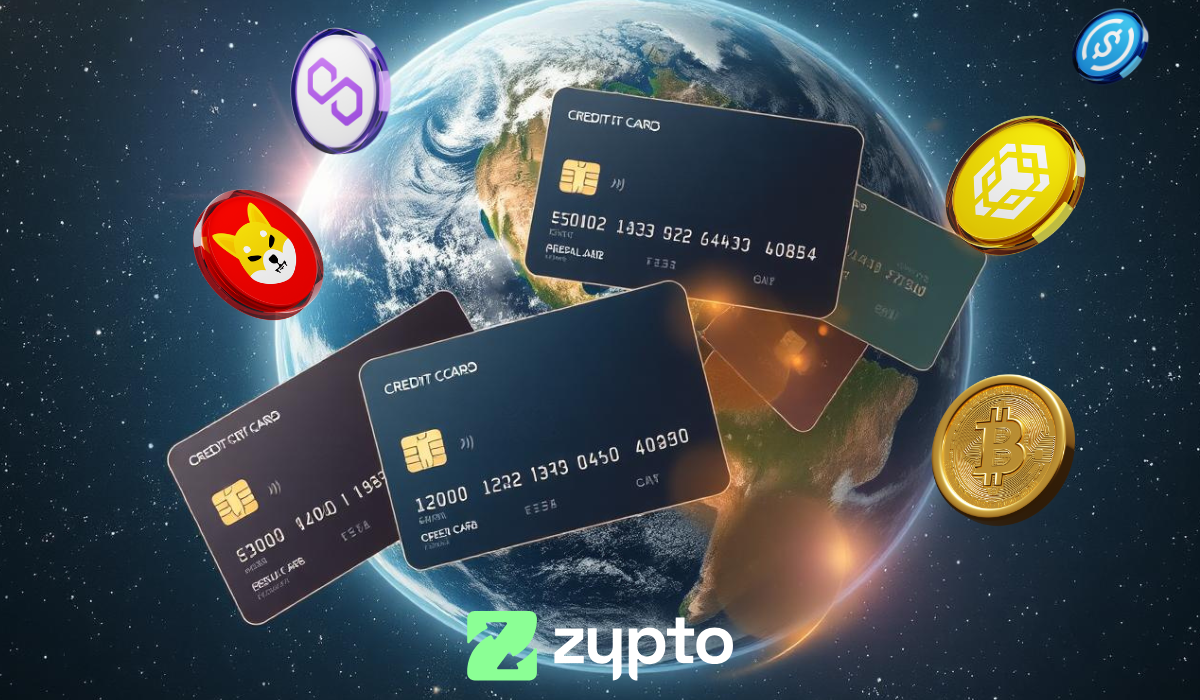
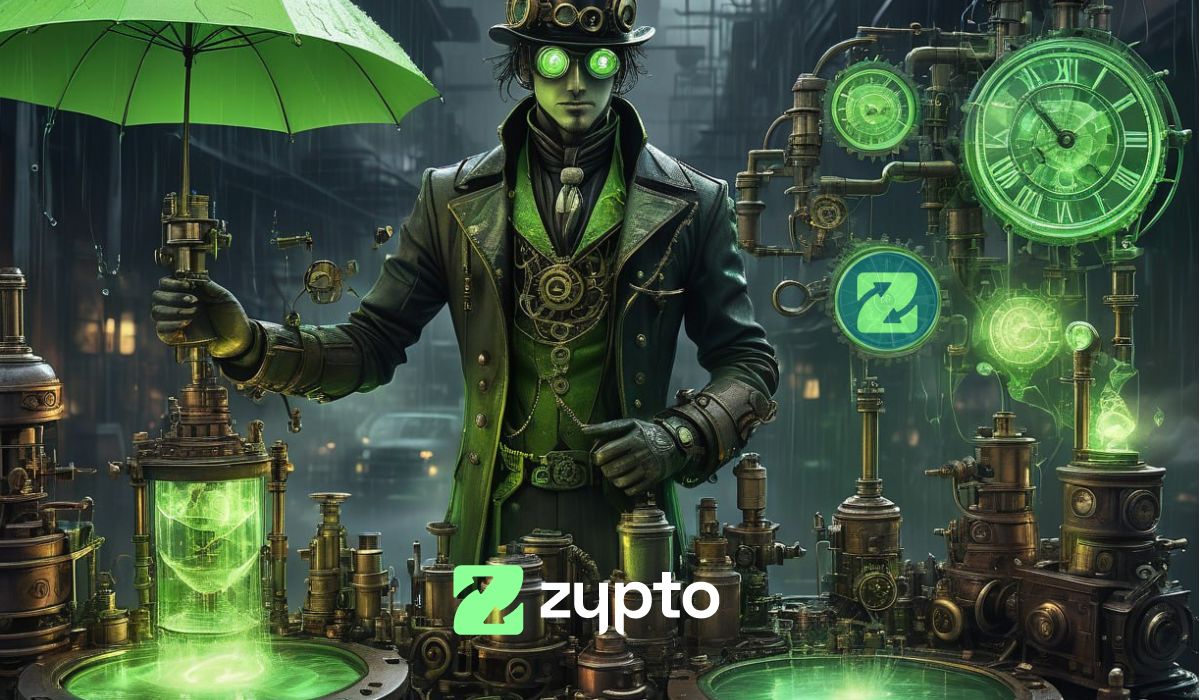

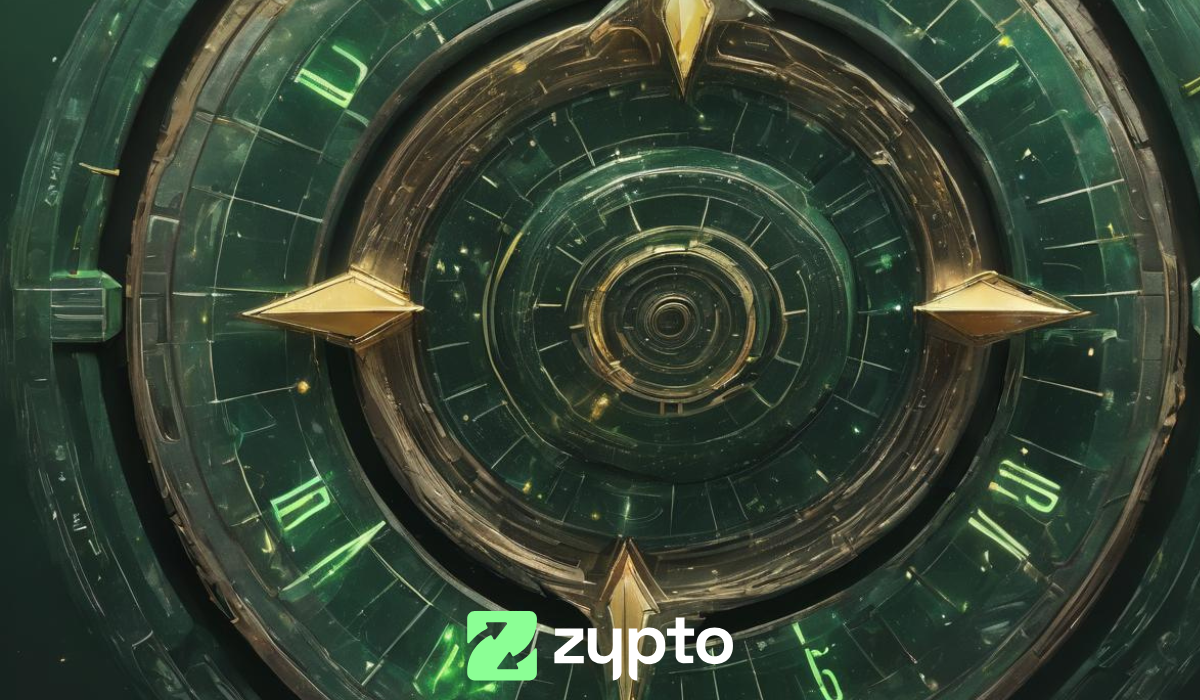







What an amazing story. To think that all of what Ethereum is today began just 10 years ago is truly amazing. What will things look like in the next ten years? Best guesses on how long it takes for mainstream businesses to accept BTC and ETH for transactions?
I love that guy 😁